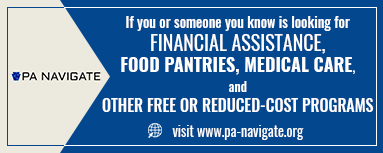When your child turns 18, he or she is considered a legal adult. If you do not put the right legal documents in place, you lose all rights to know about or get involved in his or her medical care. Even if your child uses your health insurance and even if you pay the bills, according to HIPAA (Health Insurance Portability and Accountability Act) a parent must have an 18-year-old child’s permission to be informed about the child’s health or to make medical decisions if the child is unable to do so.
For residents in Bucks County, PA, we can help ensure that the right legal documents are in place in case you need to get involved in medical care decisions.
Imagine your child is a few states away, miles from home, and is lying unconscious in the hospital. The hospital has no authority or responsibility to contact you, and your child’s roommate, RA, or other school official calls. Unfortunately, it’s too late for your child to sign forms to put you in charge of his or her care.
This is a nightmare situation, which unfortunately happens frequently, even when a child is still in high school and living at home at age 18. But it can be very easily avoided by having your child complete an advanced medical care directive (also called a living will). BCHIP has sample forms to make it easy for you. For a young person, it does not have to be very elaborate.
Your child should complete a medical directive and medical power of attorney and include more than one person, for instance, Mom, Dad, maybe grandmother or grandfather in the event that the parents cannot be reached. The documents should also include HIPAA authorization. The documents need to be signed by your child and the other parties named and signed by witnesses who are not the parties named.
Make copies and supply them to your child’s doctors and school, and keep a copy for yourself. Your child should also have a copy if living away from home. You may wish to have scanned copies or photos on an online document source for easy access in case of emergency.
Hopefully, you will never need this document, but if you don’t have it and your child is incapacitated, you may have to go to court to receive authority over your child’s healthcare. Prevent that nightmare by signing a simple healthcare directive with your child.





